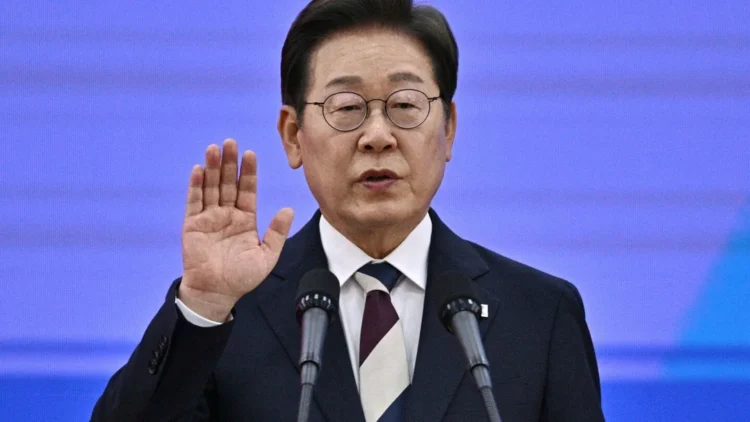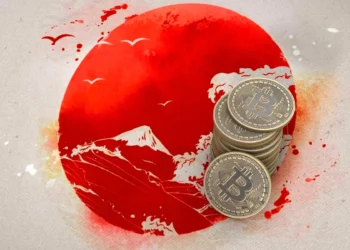South Korea’s opposition leader, Lee Jae-myung, has officially taken office as president following a sweeping victory in the June 3 snap election — a dramatic political shift sparked by months of unrest and emergency rule.
Lee, representing the center-left Democratic Party, secured more than 49% of the vote with 99% of ballots counted, according to the National Election Commission. His rival, Kim Moon-soo of the conservative People Power Party, trailed behind with 41%. Voter turnout surged to nearly 80% — the highest seen in a South Korean presidential race since 1997 — as citizens rallied to the polls amid political uncertainty.
And there it is – all votes counted. Still very much a divided country with regionalism still playing a role. Lee Jae-myung the clear winner but couldn’t quite reach 50 percent. pic.twitter.com/Dyw1g6xELg
— Jason Bechervaise (@Jasebechervaise) June 3, 2025
The election was triggered just six months after former President Yoon Suk-yeol’s controversial declaration of martial law, which had plunged the nation into political turmoil and public outcry.
Known for his reformist stance, President Lee campaigned on a progressive platform that emphasized economic revival, judicial reform, and cutting-edge financial innovation, including a bold embrace of cryptocurrency.
In what could mark a turning point for digital assets in Asia, Lee has pledged to allow South Korea’s $884 billion national pension fund to invest in Bitcoin and other cryptocurrencies. He has also vowed to greenlight Bitcoin exchange-traded funds (ETFs) and explore the creation of a Korean won-backed stablecoin — a move aimed at modernizing the financial system and curbing capital flight.
Notably, both leading candidates in the election voiced support for expanding crypto access, signalling bipartisan interest in regulatory reform and market liberalization.
Despite his strong crypto promises, President Lee faces a host of pressing national challenges as he steps into office — from rising living costs and economic sluggishness to sensitive trade talks with the U.S. and intensifying regional tensions.
Addressing jubilant supporters in Seoul, Lee promised to focus on “restoring the economy” and ensuring that the days of political coups are firmly in the past. His administration also aims to drive investment in artificial intelligence and national defence, reform the prosecution system, and introduce sweeping labour reforms — including a proposed four-and-a-half-day work week.
If you want to read more news articles like this, visit DeFi Planet and follow us on Twitter, LinkedIn, Facebook, Instagram, and CoinMarketCap Community.
“Take control of your crypto portfolio with MARKETS PRO, DeFi Planet’s suite of analytics tools.”





















